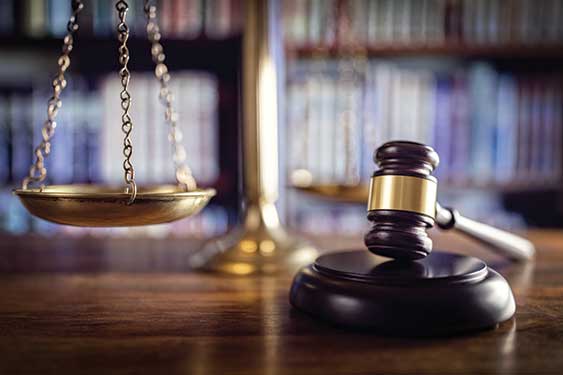Helpful Tips from an Elder Law Attorney
by CHERYL ROGERS
It’s easy to postpone making that Last Will and Testament, especially when we believe we’re not going anywhere anytime soon. But avoiding it too long can land all or part of your estate in probate, leaving it to the state to decide who gets your assets.
“If you die in Florida without a Last Will and Testament (referred to as dying ‘Intestate’), the legislature has essentially created a Last Will for you,” advises Lakeland elder attorney Kevin R. Albaum with Clark, Campbell, Lancaster & Munson, P.A.
The will isn’t the only way to transfers assets, but it does take care of disseminating assets that have not been transferred another way.
When someone dies intestate, the court decides who can become your personal representative, ensures creditors are notified and distributes remaining assets – a process that can take a year or more. “I often recommend that a person plans to avoid probate either by creating and funding a revocable trust, or if that is not something they want to do, then with beneficiary designations, joint owners, and life estate deeds,” he says.
For example, assets can be transferred to beneficiaries on investment accounts and life insurance. Joint ownership with rights of survivorship can work for property transfers. “I do not advise adding children to deeds or to bank accounts unless the transfer is designed to not occur until the time of parent’s death,” he says. “Adding a child as a joint owner to the parent’s property can lead to unexpected problems.”
Differences of opinion about property expenses or the sale of the property could leave the parent without full control of these assets.
A will is one of at least five legal documents Albaum typically recommends. They include a power of attorney to make financial decisions during the person’s lifetime, a health care surrogate to make healthcare decisions during the person’s lifetime, a living will advising your doctor of your wishes in the event of a terminal illness or vegetative state, and a health record release form. The fifth document, the will, is the only he doesn’t recommend by age 18.
The documents are intended to avoid guardianship proceedings that strip the person of their rights.
“At a minimum, it is important to understand the applicable law and how your assets transfer if you decide not to ever create a will. Otherwise, your assets may end up going to someone that you never intended to receive your assets at the time of your death,” he explains.
An attorney that regularly prepares wills can help you prepare a valid document while a good estate planning attorney can assist in ensuring it is properly executed and accomplishes your wishes.
If you’re planning to write your own will, know that could be a bad idea. “Most homemade wills that I have seen were either not properly executed under Florida legal requirements (and therefore were not be admitted to probate due to improper execution), or if they were properly executed, they were much more vulnerable to challenges by opponents of the will,” Albaum says.
An original will should be kept in a safe place, such as your attorney’s office, a safe deposit box, or a safe place in your home. Copies of it may be deemed insufficient if the original is misplaced.
For those with large land assets such as a farm or ranch, or a business, planning can be more involved. “Planning for succession of your land or business can occur in a variety of ways and at different times, and the only way to determine the right time to transfer the land can be by talking with an attorney that understands the structure of your land, your business, and your estate plan,” he says. “An estate plan can be crafted to accomplish the desired goals as long as the goals are not against public policy.”
Corporations are still obliged to meet their obligations after a death. “Corporate tax returns continue to be required as any entity owned by the decedent at the time of the death will continue to be in existence after the death,” he adds.
For those with limited assets, Albaum suggests at least obtaining legal documents for a power of attorney and health care surrogate, for personal protection. “Something is better than nothing when it comes to Power of Attorney and Health Care Surrogate documents,” he says.
So even though we might not have a say in when we or a loved one passes, you do have a dog in the fight when it comes to who gets your possessions and property. Keep these tips in mind and keep you and your loved ones protected when it comes to Living Wills.
Some assistance is available for low-income Floridians through the Senior Legal Helpline at 1-888-895-7873 or through elderaffairs.state.fl.us/doea/legal_services.php.
